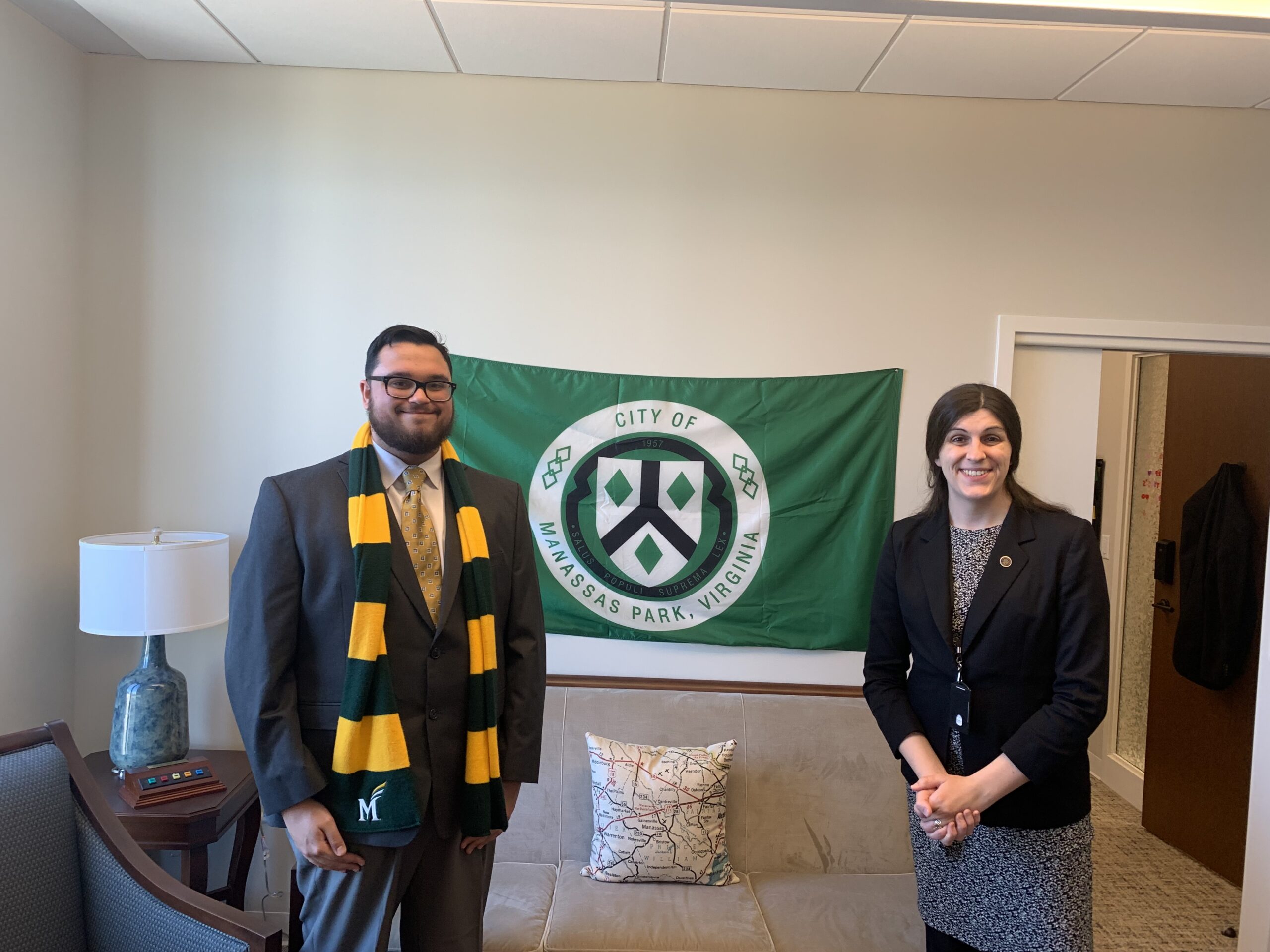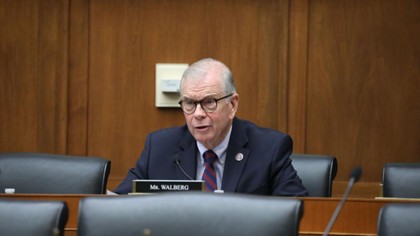How to let your voice be heard in college!
by Zayd Hamid
Navigating through college life can be a hassle in itself. From room and board, to classes (which we’ll get to later), and even finding the right food options, there’s a lot for students to face as they acclimate to a new college. But now, you are also seeing a vastly changing world, and you want to be a part of it. So, how do you get involved?
In this week’s edition of “How to Make it In College,” George Mason University alumnus Zayd Hamid talked about what he did. A passion that started during his high school days evolved into something greater.
“When I was at Manassas Park High School,” he said, “I led my school’s scholastic bowl team and served in its senior class council.” That latter experience as a student representative led to Zayd connecting with a legislator who at the time represented his hometown of Manassas Park in the Virginia House of Delegates, Senator Danica Roem, for advice on public leadership.
Recalling that meeting in his Commencement speech to the George Mason University’s class of 2024, he shared with fellow graduates that Sen. Roem advised him and his peers to “be true to ourselves and ensure that others see and know us for our authentic selves.” Following advice from his delegate led Zayd to future leadership opportunities at George Mason University. This included service in its student government and being a student representative on various university committees.
His work in university spaces led to Zayd incorporating key aspects of George Mason University’s ideals into his leadership identity. He emphasizes the importance of accumulating merit in students’ eyes and administrators’. He asserts that recognition and merit as a student leader can lead to incredible opportunities on and off campus that could have otherwise been hard to reach.
Students, especially if they don’t have a car, face costly transportation barriers to off-campus employment. This is especially true at universities in cities that do not have reliable and accessible public transportation. Although on-campus employment can’t promise the prestige of working on Wall Street or Capitol Hill, the accessibility and community benefits of working for your university can be just as valuable!
As he previously shared with Inside Higher Ed, Zayd’s student staff experiences deepened his feelings of belonging to the George Mason University community. With fantastic supervisors at Mason Recreation including Ethan Short and Laurel Dietrick supporting him, he gained comfort and confidence navigating the work-life balance incumbent on student staff. This helped him develop his time management skills and other critical components of student leadership. Being student staff at your university, especially if that role qualifies for the Federal Work-Study Program (FWS,) can drastically offset your education expenses with new income and aid!
In addition, Zayd’s experiences working at Mason Recreation at an FWS-applicable job were shared by him as a panelist for the Student Aid Alliance on Capitol Hill. This opportunity was made possible thanks to an administrator at George Mason University referring him for it and vouching for his leadership, demonstrating the importance of campus relationships. He brought his university community with him in spirit to that panel, sharing his formative experiences with on-campus employment and the importance of his federal financial aid to his ability to afford college. That story strengthened his advocacy supporting the Student Aid Alliance’s requests to increase federal appropriations funding to FWS and raise the Federal Pell Grant to $13,000.
A few months after Zayd’s advocacy on Capitol Hill, the Pell Grant Preservation and Expansion Act was reintroduced by Senator Mazie Hirono (D-Hawaii) and other Democratic legislators. According to the National Association of Student Financial Aid Administrators, the bill would, among other changes, “increase the maximum federal Pell Grant award to $10,000 for the 2025-26 award year, and nearly double the maximum Pell Grant over a period of five years after, to $14,000.” Zayd was overjoyed to learn of that act’s reintroduction, grateful to have played his part in the Student Aid Alliance’s advocacy leading up to it. So despite not working as a congressional intern as an undergraduate, Zayd ended up making an impact on Capitol Hill after all!
We talked about how using your voice can have a larger-than-life impact, as was the case when we honored the life of the late Keoni Scott-Reid, an award-winning debater of the Washington Urban Debate League. That was true of Zayd’s experience, having become an award-winning student advocate recognized by the National Institute for Lobbying and Ethics. Keoni and Zayd’s stories reflect the power of vocal leadership in uplifting communities and speaking up for them.
Zayd hopes that, through this article and others in this series, he has done for other students what Senator Danica Roem did for him years ago: inspire and guide emerging student leadership.
(Zayd Hamid is the 2023 Student Advocate of the Year, member of the National Institute of Lobbying and Ethics, member of the National Society for Leadership and Success, and a current Master of Public Policy student at George Mason University. Find out more about his resume services by visiting his LinkedIn page.)



